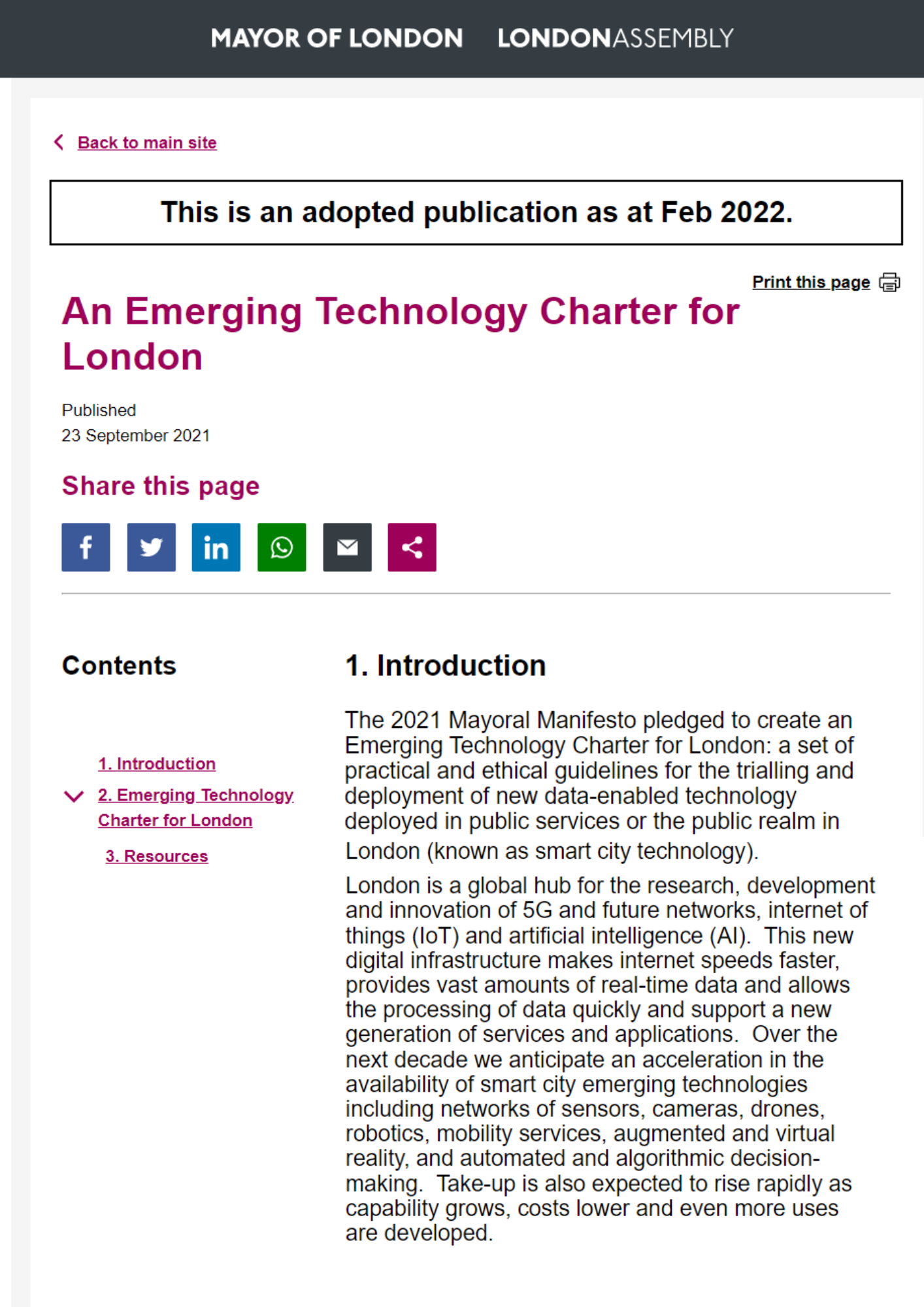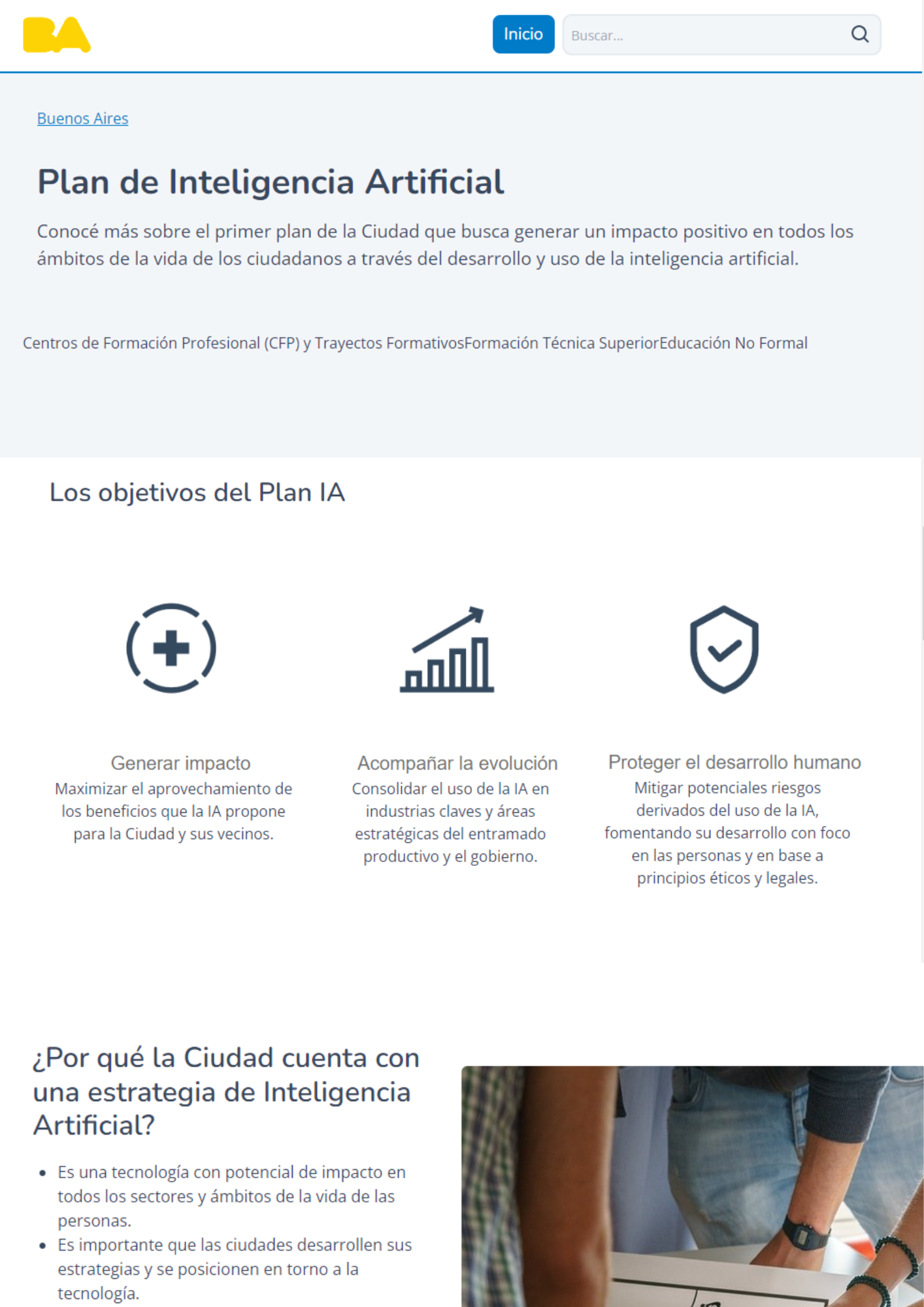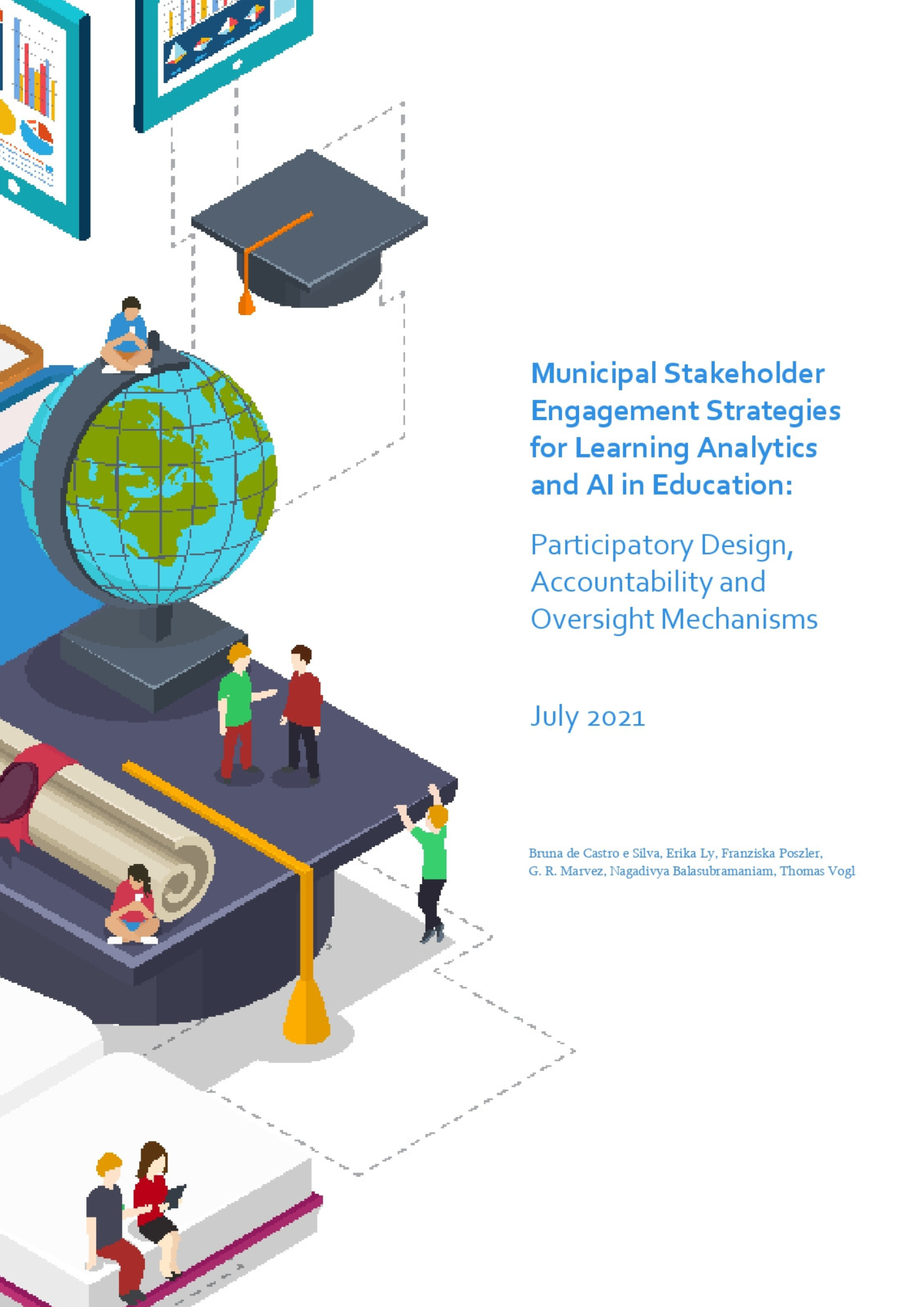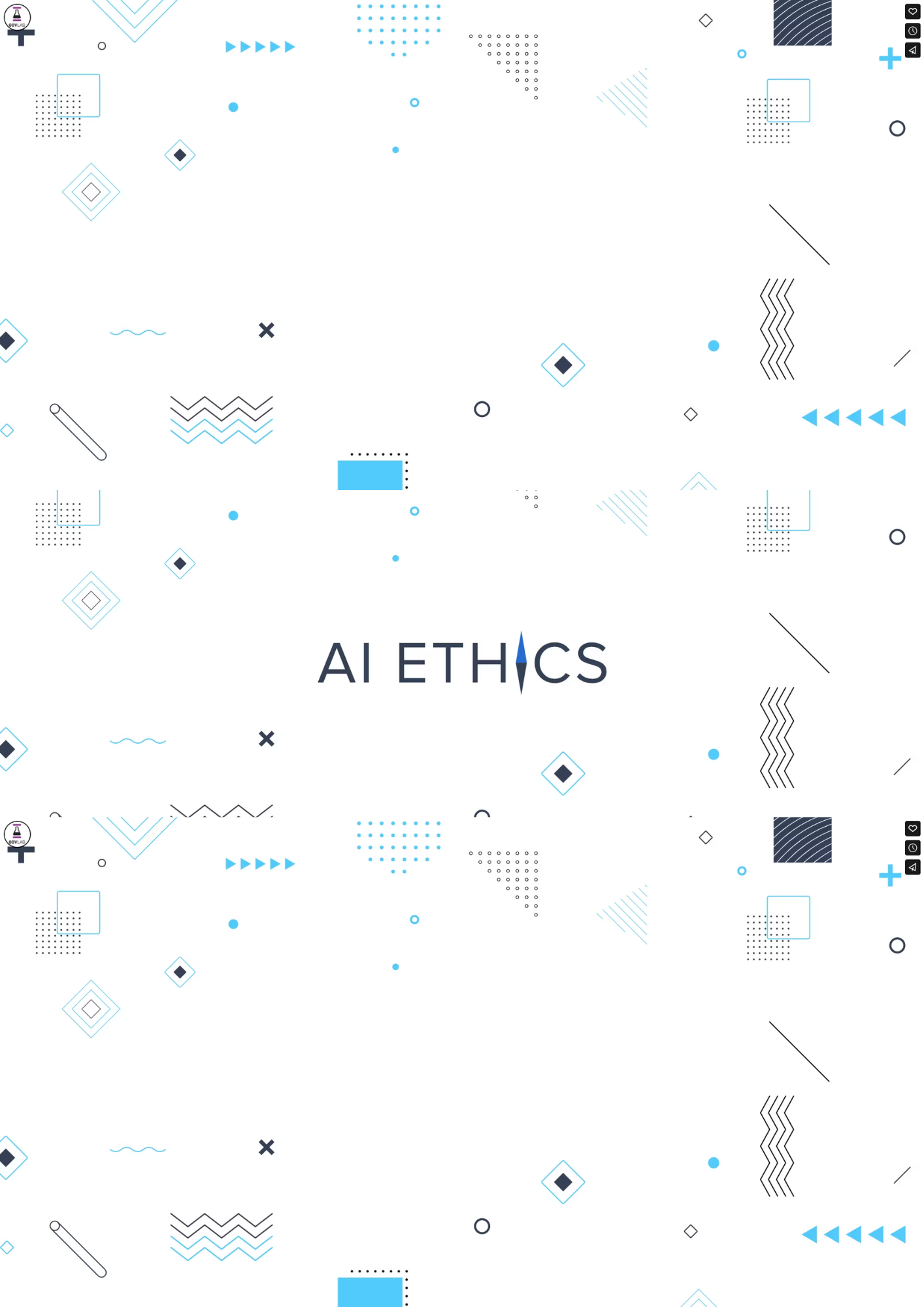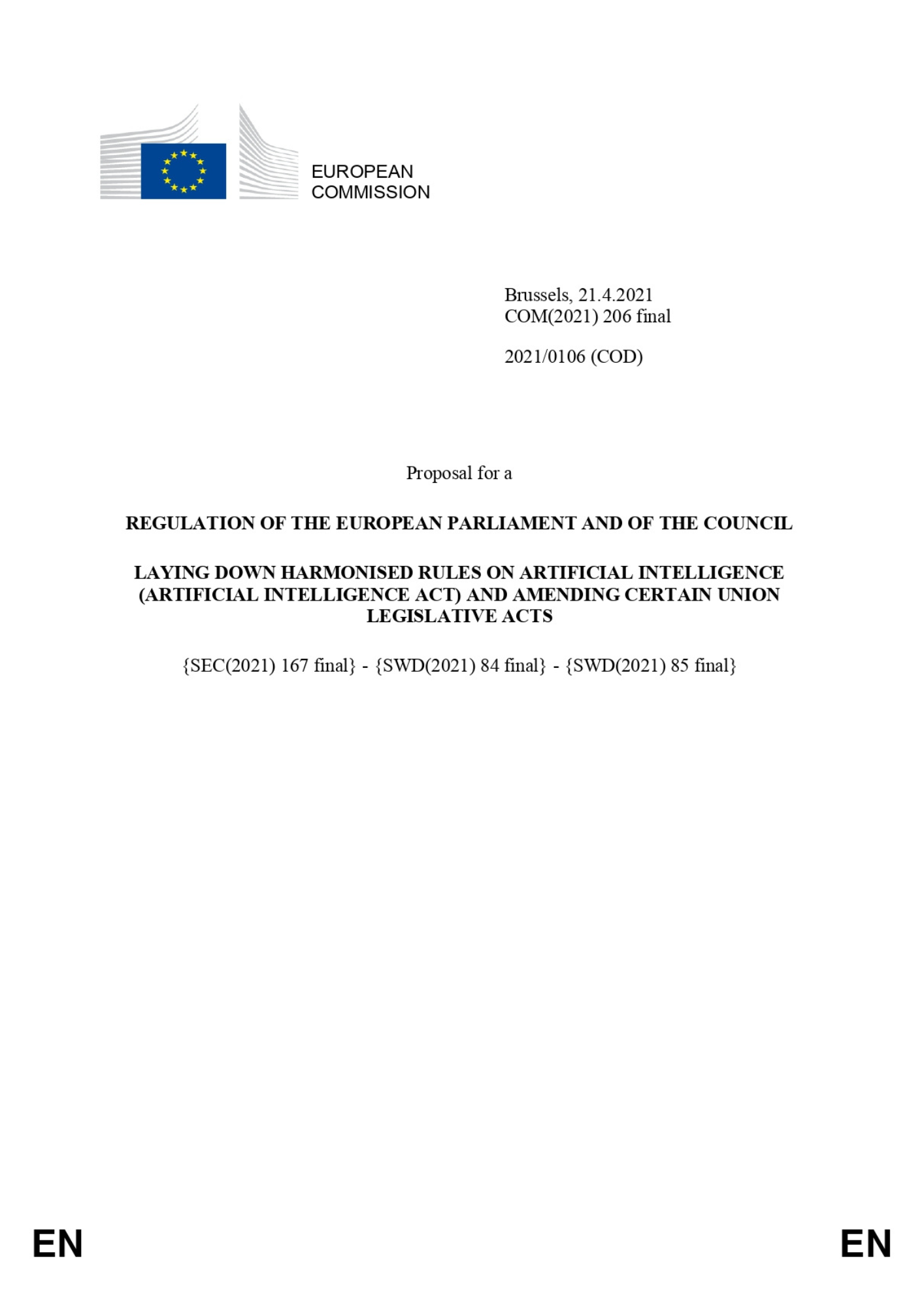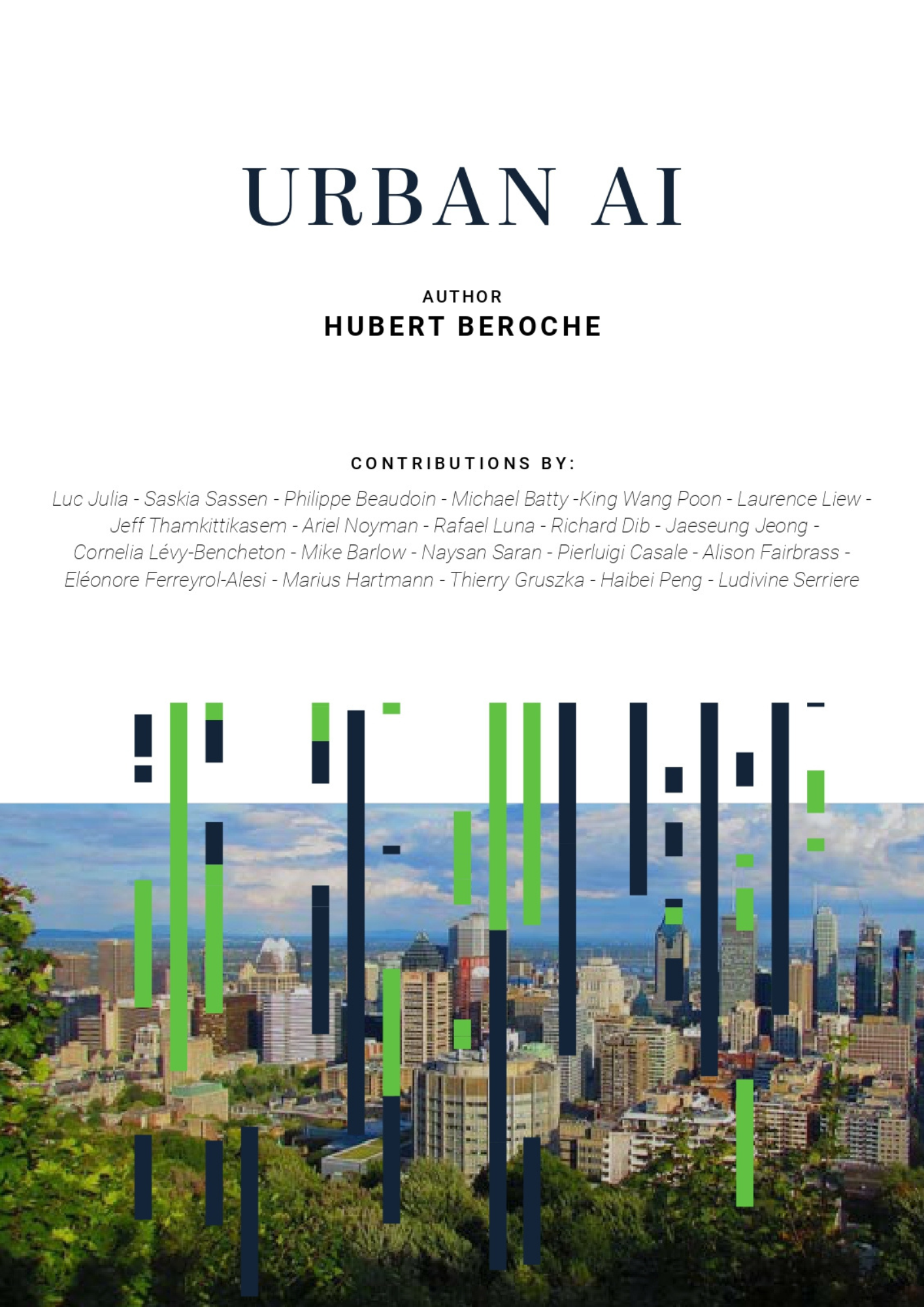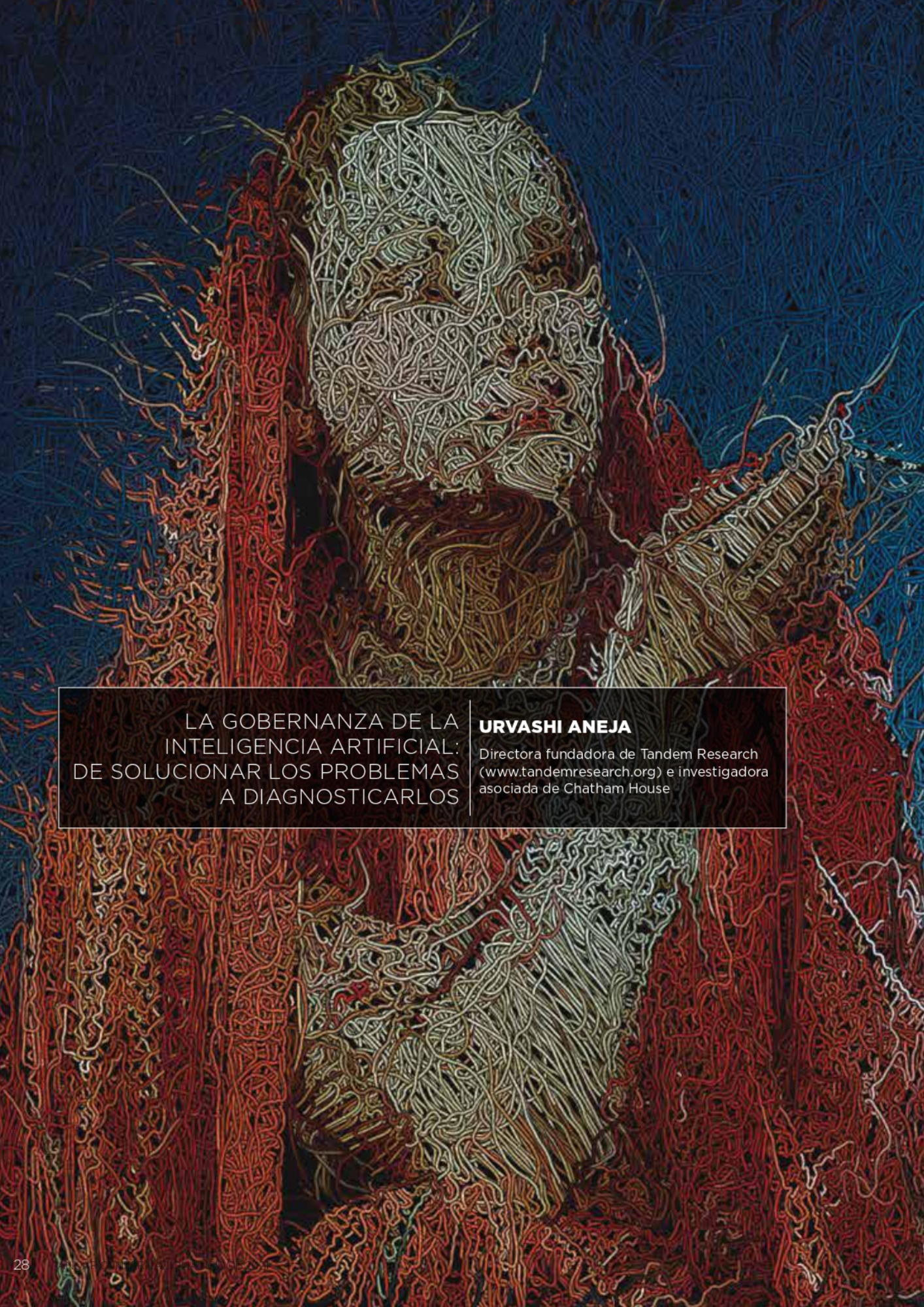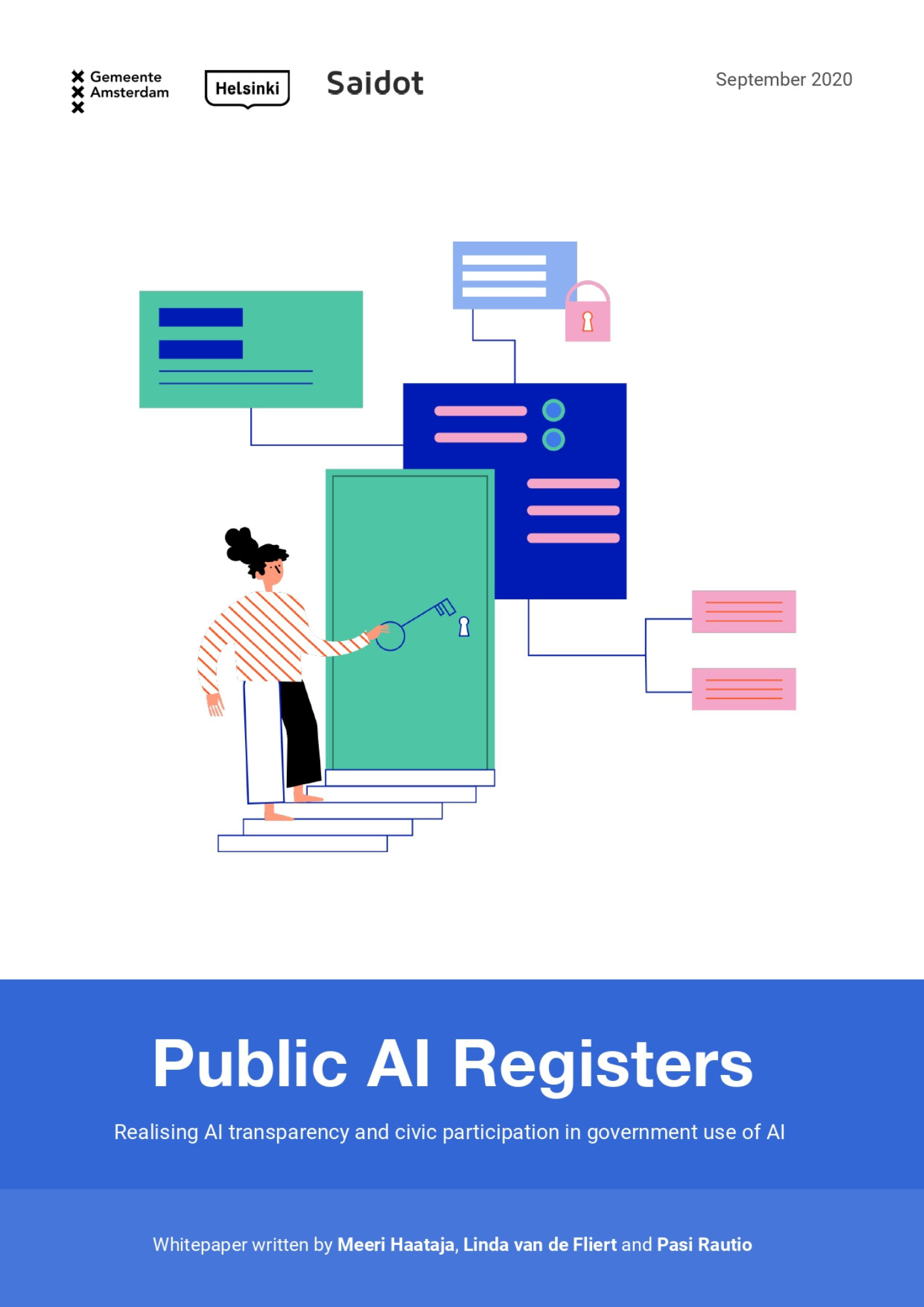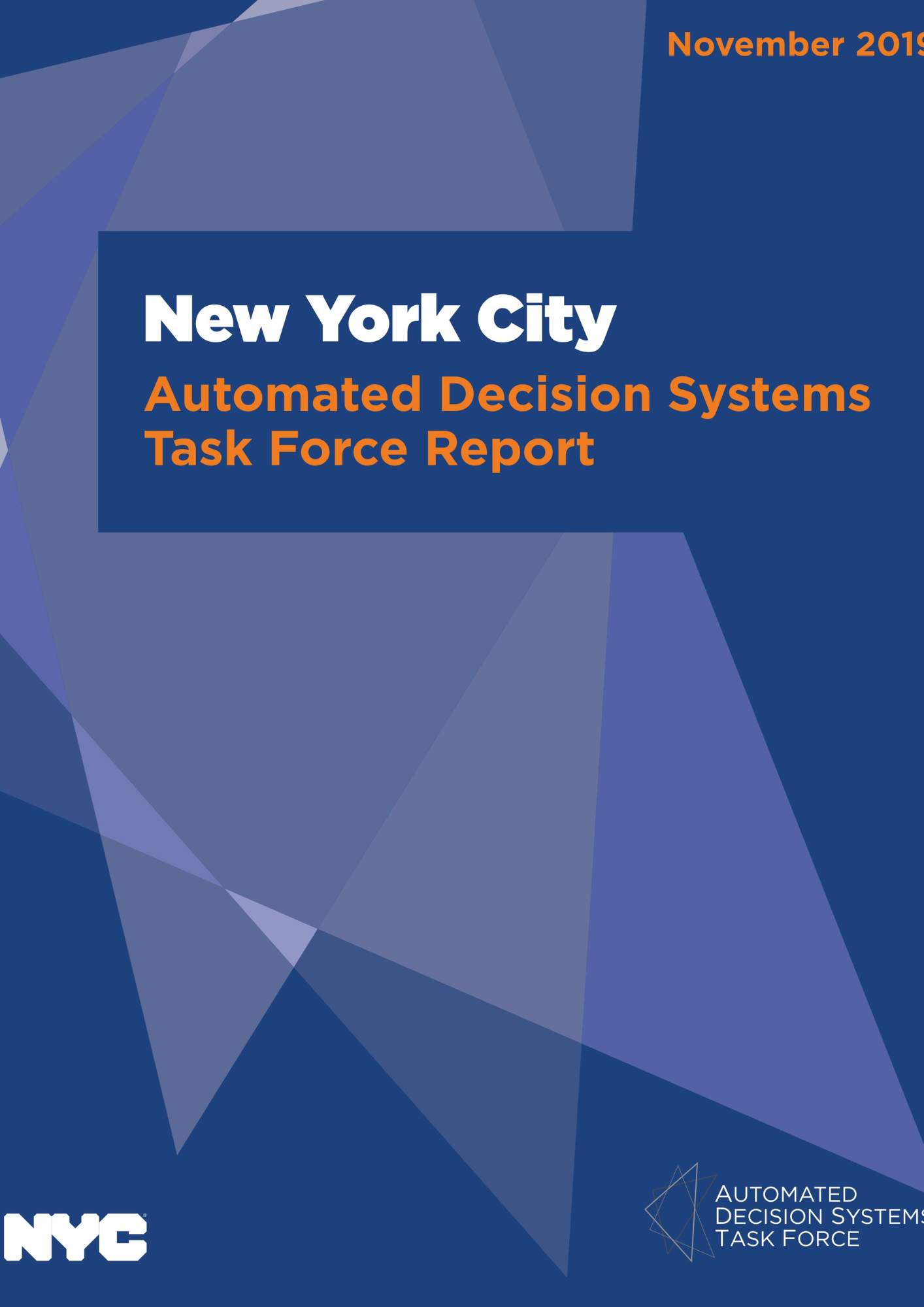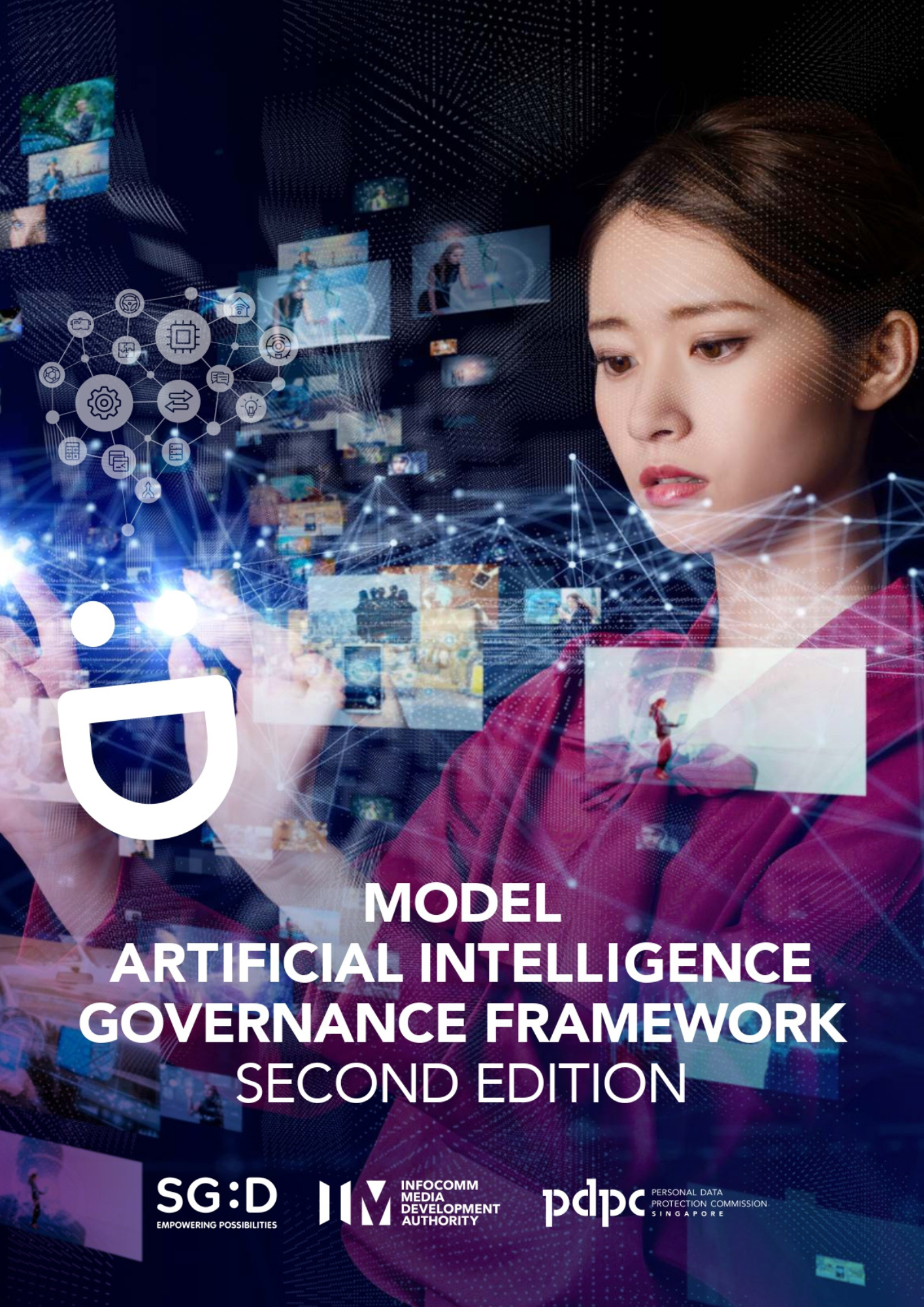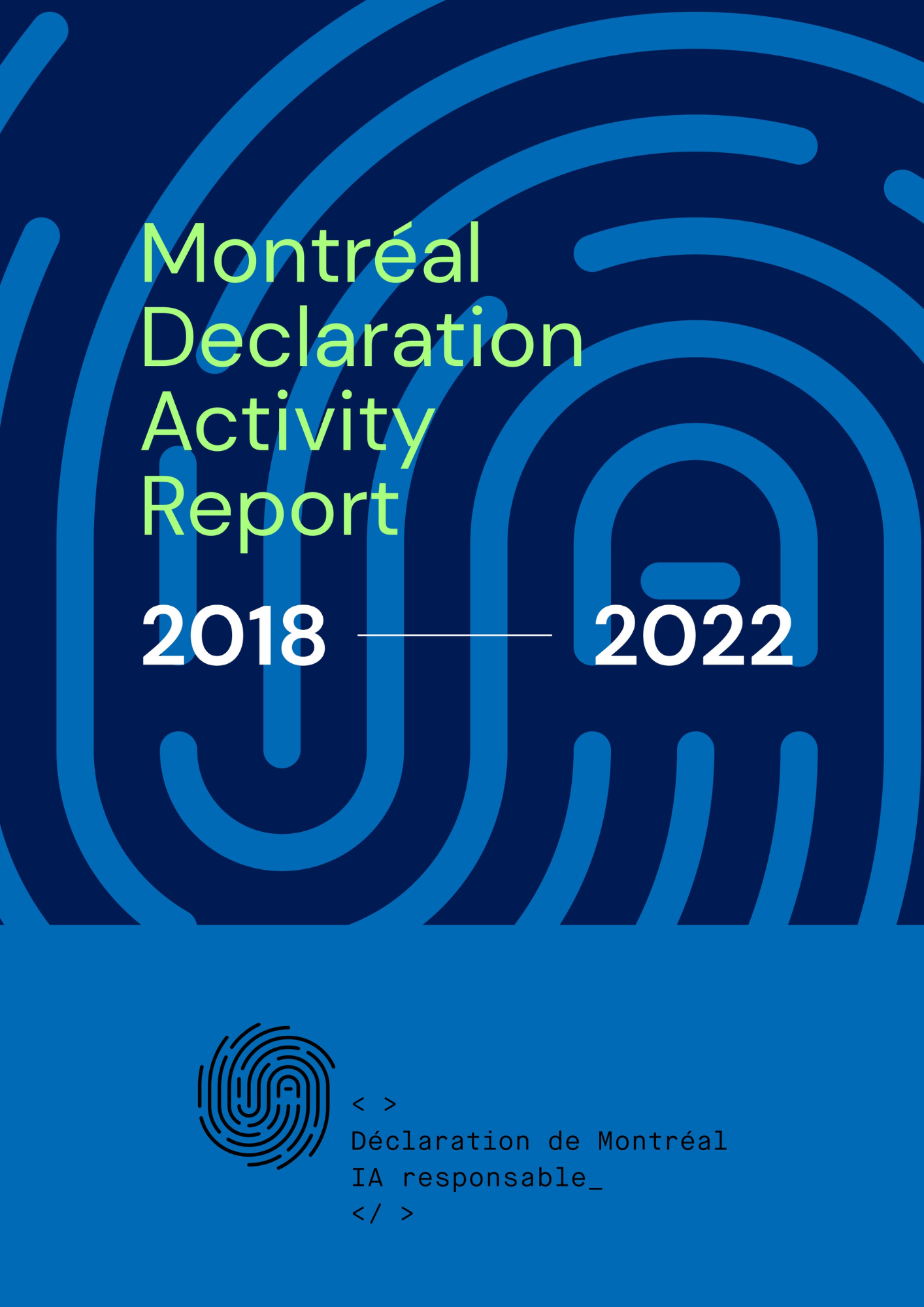London’s Emerging Technology Charter
The Emerging Technology Charter for London, the first of its kind amongst UK cities, lays out a clear pathway for the ethical use of future technologies in city. The Charter features a set of practical and ethical guidelines focussed on openness, digital rights, use of data and sustainability. It covers technology such as driverless cars, facial recognition software, drones, sensor networks, robotics, mobility services, augmented and virtual reality, and automated and algorithmic decision-making. It sets four principles for implementing technology in London: openness, respect of diversity, data trustworthiness (including privacy-by-design) and sustainability.
